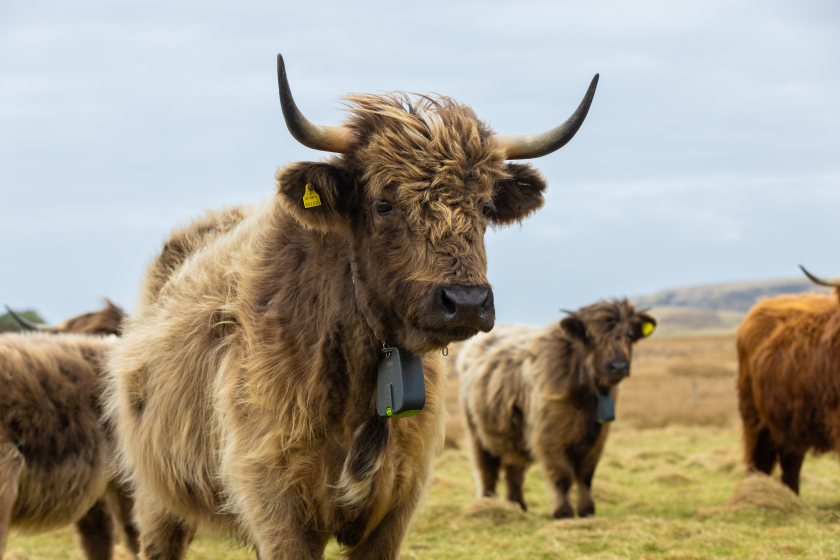
Virtual fences are going mainstream in Scotland, as the Scottish government backs the cutting-edge livestock technology with full funding under a new grant scheme.
The government has recognised virtual fencing as a capital investment eligible for funding under its newly launched Future Farming Infrastructure Scheme (FFIS).
Announced on 15 July, the FFIS provides up to 100% funding for farmers and crofters investing in infrastructure that supports environmental efficiency and climate resilience.
The inclusion of virtual fencing marks a significant milestone in the push for more sustainable and flexible livestock management across Scotland.
This decision follows virtual fencing’s earlier approval under the Crofting Agricultural Grants Scheme (CAGS), signalling growing governmental support for innovative farming technologies.
Agri-tech firm Nofence says its virtual fencing system uses GPS-enabled collars connected to a mobile app via the cellular network.
Farmers and crofters can set and adjust grazing boundaries remotely, eliminating the need for physical fences.
According to Nofence, this scalable system reduces labour, increases flexibility, and allows better oversight—particularly useful in challenging terrains such as hillsides, woodlands, and conservation areas.
Rory Fyfe, manager of the Rewilding Kinkell Project and Kinkell Byre near St Andrews, praised the technology for its ease and versatility.
“The collars have worked very well for us. They make it easy to manage the cows and move them around, which is crucial in such a complex landscape with cliffs, paths, and public access.
"And the public can now see where the cows are through an online access tool, which has been great for local walkers and visitors.”
Virtual fencing also unlocks access to ecologically sensitive areas that would otherwise be impractical or costly to fence—such as coastal paths and steep slopes.
This enables targeted conservation grazing, which can enhance biodiversity and land regeneration.
The Rewilding Kinkell Project is a notable example, integrating farming with conservation and tourism.
“It’s a big collaboration to graze this area for the benefit of biodiversity, and we’ve been using Nofence collars with great success,” says Mr Fyfe.
Nofence believes technology that benefits nature is crucial to the future of farming, offering not just economic and operational gains but also supporting environmental outcomes and farmer well-being.
The FFIS application window closes on 22 August 2025.
